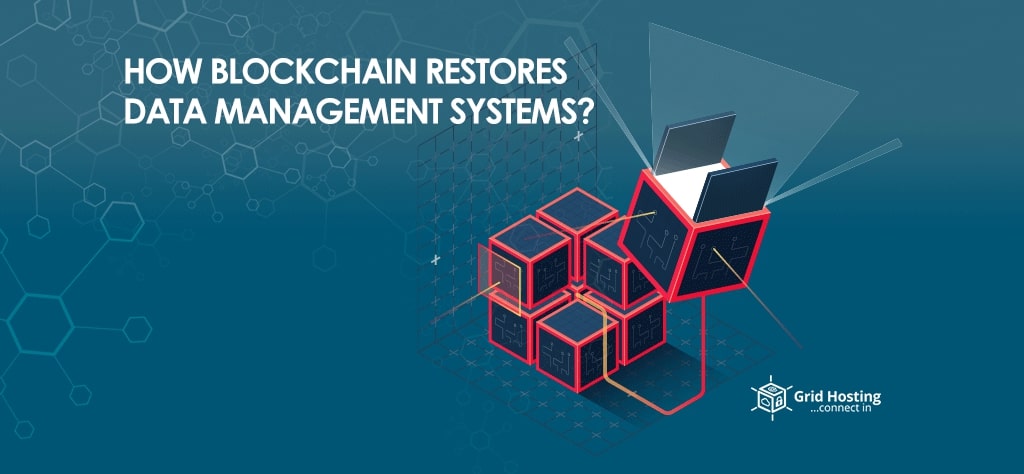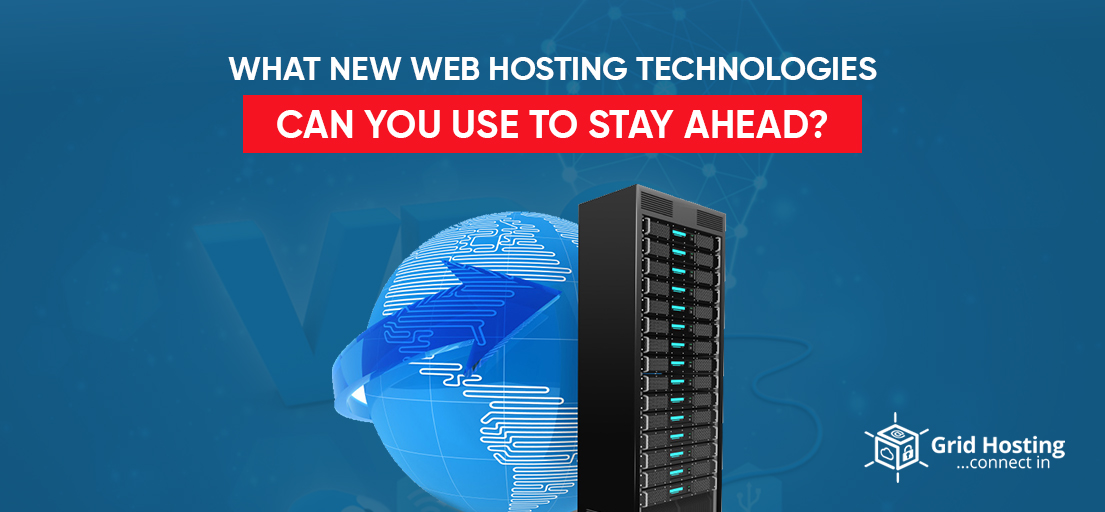The 21st century is a time of rapid technological advancement in every sector including, education, medicine, and tech. The revolution also transformed the way of doing business, recording and storing the transactions and personal data of customers and employees. The entire practice is known as blockchain which allows you to store important information in a digital format.
However, the other side of the picture says there is a risk in putting the secret information online where hackers are waiting for the window of opportunity to steal your information without letting you know. This leaves a critical question of whether blockchain is secure enough for the users to rely on.
Blockchains are recognized for their significant role in the security and restoration of data management systems. You might wonder what is a blockchain, what it does, and how it differs from database management systems. Well, you don’t need to worry as we are here to clear everything making it easy for you to understand blockchain and its role in the restoration of the data management system.
What is a Blockchain?
A network/system for recording business information and making sure it is fully secured from cyber criminals. People also call it a digital ledger of transactions distributed across the network of computers. Moreover, it has huge potential to build future internet systems and transform the entire business world in new ways
What is a Data management system?
Data management systems or database management systems (DBMS) are programs that help in storing and running queries on the available data. DBMS is a bridge between the database and the users enabling them to read, edit or delete their information in the database.
Hope things are clear let’s move further to find out the advantages of blockchain for data management systems.
Though technology evolvement has introduced the use of digital platforms to store data. However, a bigger concern here is about the misuse of such sensitive information. In 2017 there was an attack on agencies dealing with consumer credit reporting. It was revealed that thousands of people lost their credit card details. Additionally, there was the smaller business that became the victim of cyber-attacks in the same year. Although the attacks on new businesses were not highlighted yet they suffered financial losses.
Security techniques such as encryption can fight against data breaches but they are not secure enough. Even the full-proof security systems in organizations can be hacked by cybercriminals. Whereas, blockchain technology is fully capable of security and restoration of these database management systems.
The governments are focusing on adopting blockchains to ensure data protection. The protection includes the creation of hash values that indicate larger data sets. Although you can easily access the information there is no chance you can edit it. As it is stored in the blockchain and distributed via a secure network.
For instance, if an organization has thousands of computers to maintain the data management systems containing the important information of a customer’s account. The company has a dedicated building to run and control these computers and the data available in them.
Now, what if the electricity goes down or any problem occurs with the internet connection? What you could do if your data is corrupted or lost?
Blockchain is fully capable of securing your whole database management system. It helps you to send data from one destination to another by maintaining its fidelity. In case someone tries to interrupt data transmission to edit anything, the nodes would not be altered.
Thus Blockchains help in establishing transparency preventing the alteration of nodes holding important data.
How does Blockchain Works?
Blockchains ensure you secrete information available online is fully protected from evil eyes. Some people might hesitate to adopt considering it is un-secure for their business. However, it is trusted in many ways when it comes to restoring the data management systems of organizations.
At the start, blocks are always saved chronologically as they are added at the end of a blockchain. Which makes it tougher for anyone to go back and alter any node unless there is a consensus on changing the entire network.
It is also because every block has a dedicated hash. A mathematical function creates hash codes that change digital data into strings of letters and numbers. In case the information is altered then the hash code will be changed along with it.
If a hacker tries to run a node on a blockchain network for the sake of stealing cryptocurrency. If they intended to change their own single copy it would not be associated with other’s copies. When every individual cross-references their copies against each other, they would recognize this one copy stands out, and the hacker’s version of the chain would be considered away as illegal.
You Might Also Like to Read: Top 10 Cyber Security Tips To Keep Small Business Websites Safe
Implementations of Blockchain in Data Management systems
Information Tractability
Tracking of traceability plays a key role in the companies helping them to keep a track of records and their maintenance. This means how quickly the firm can trace the records of applications, history, location, etc.
- The food department can utilize blockchains to track their foods items from the minute their crops have been harvested
- Many multi-national companies rely on this advanced technique to track down the status of their product
- The historical chain of events can be easy to follow through blockchains.
Immutability
As far as the data management systems are concerned blockchains offer immutability that assists organizations to secure their data. Because of a decentralized structure, no hacker can temper the data available on the internet.
Improved Efficiency
A business cannot survive long when it does not adapt efficiently over time. Therefore, companies utilize blockchain technology to ensure no unauthorized individuals can interfere with the transactions, eliminating the errors and making your servers faster and more accurate.
Consistency
Blockchain is based on a consensus system to solve data breached problems because of multiple nodes when there is a delay in the nodes. As a result, there will be a disconnection in the whole communication system resulting in the display of inaccurate data that might affect the consistency of the data.
For Special discounts and offers, visit our official Facebook Page.







